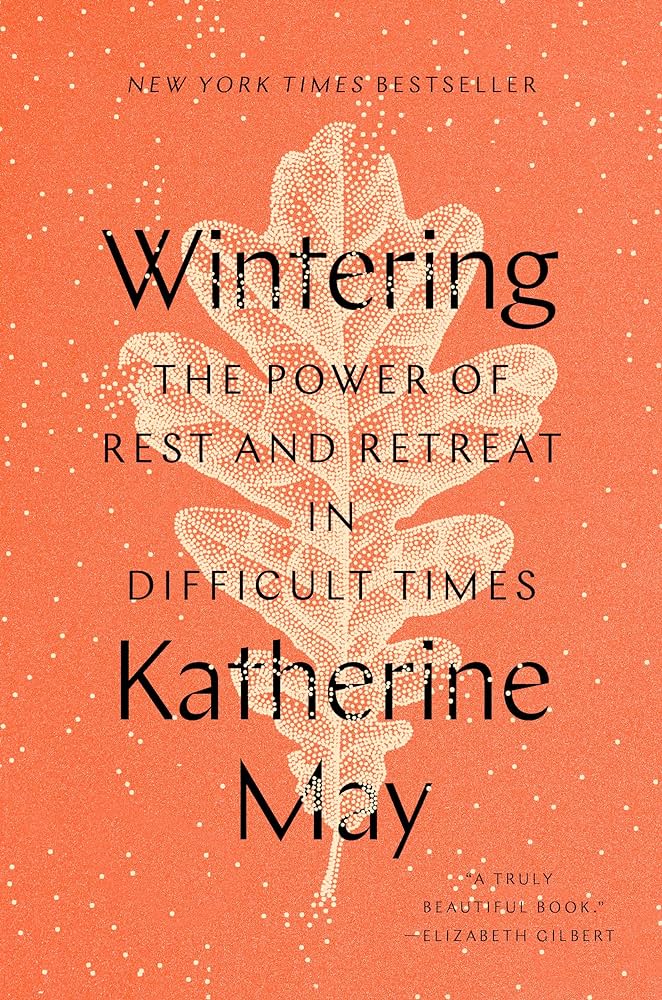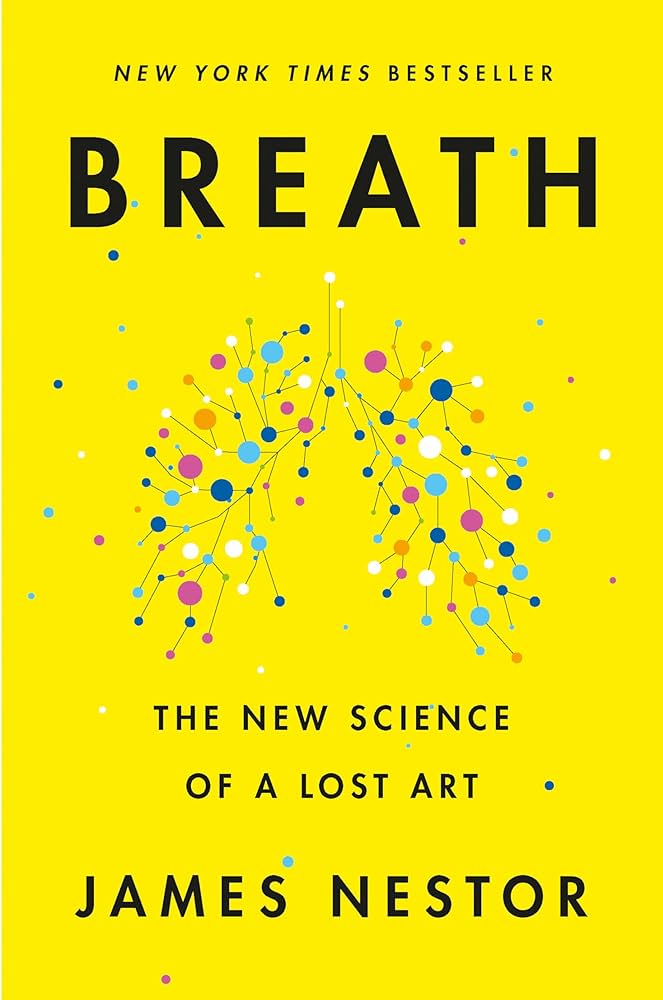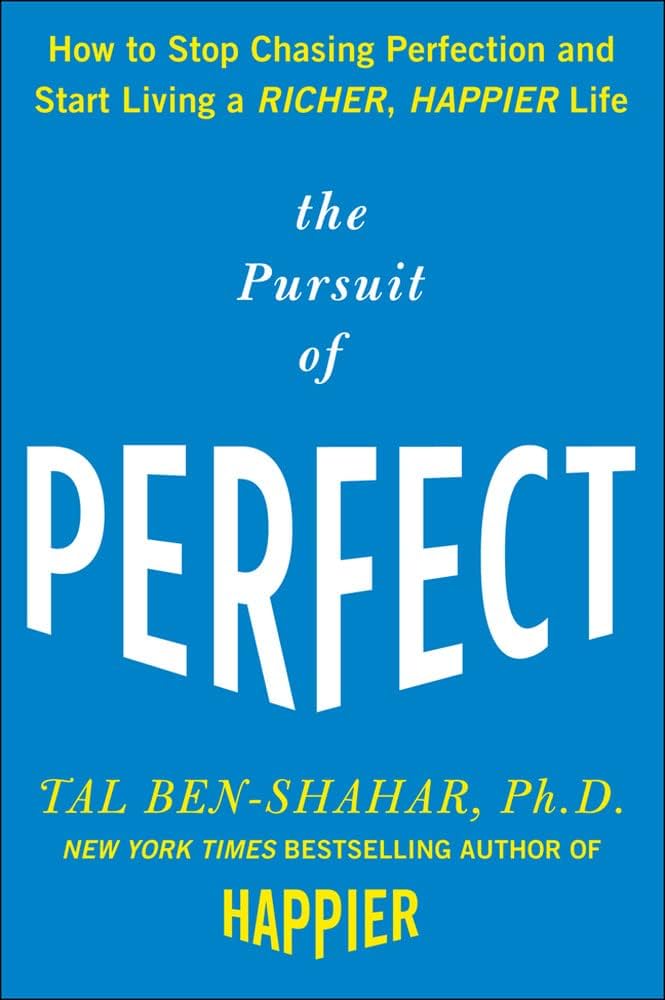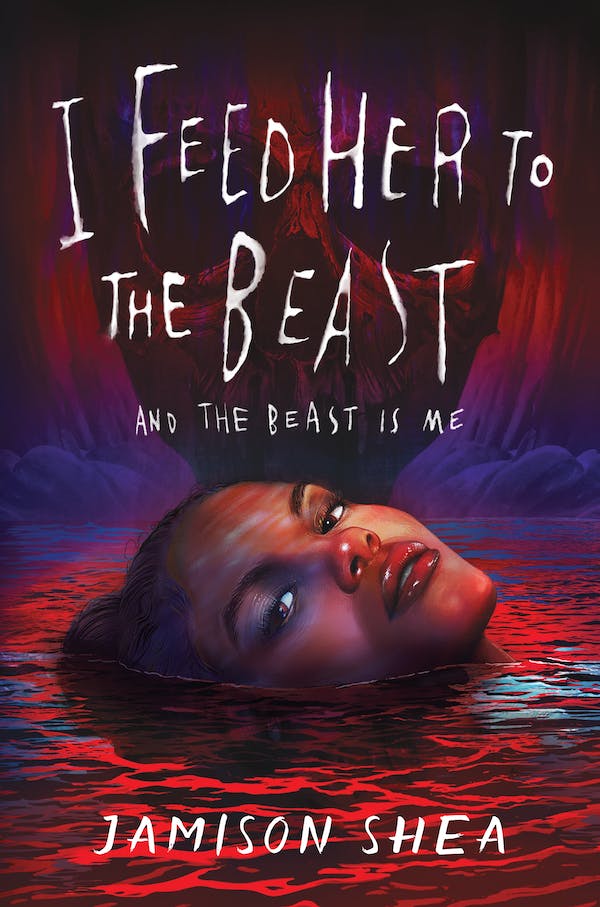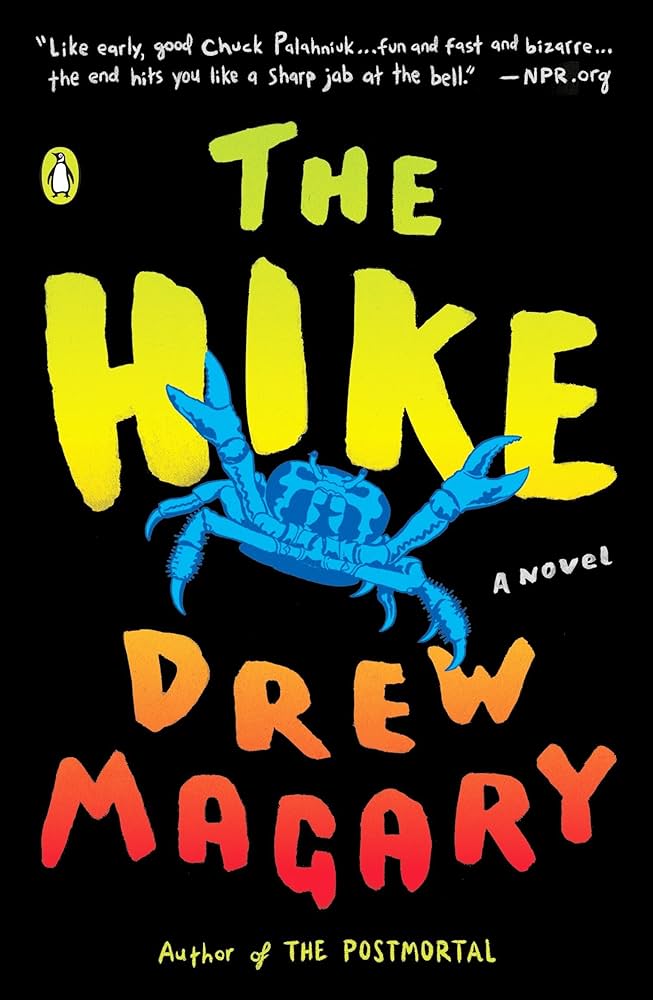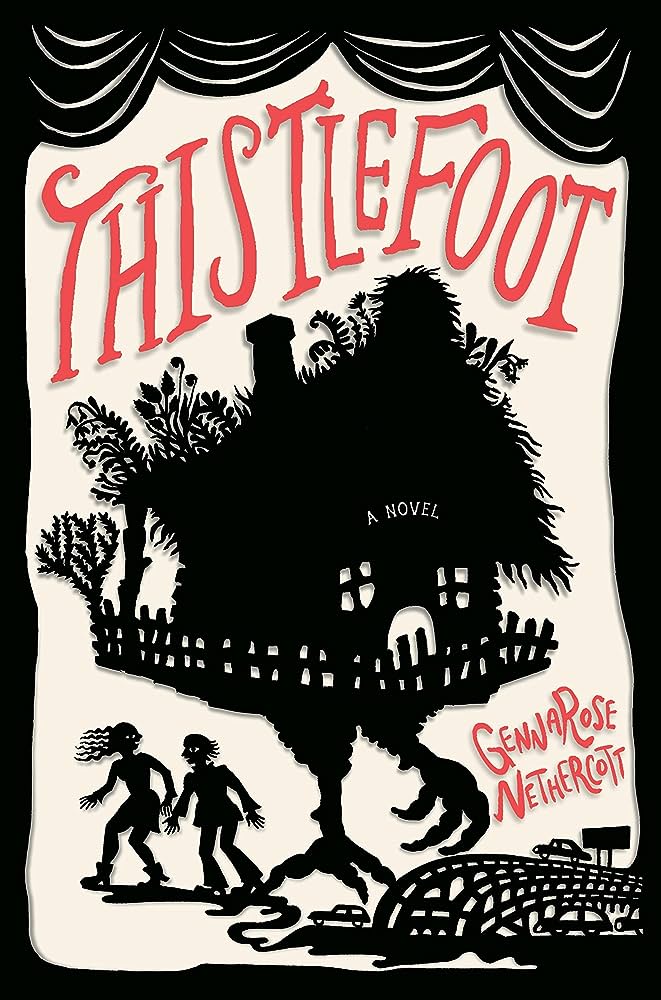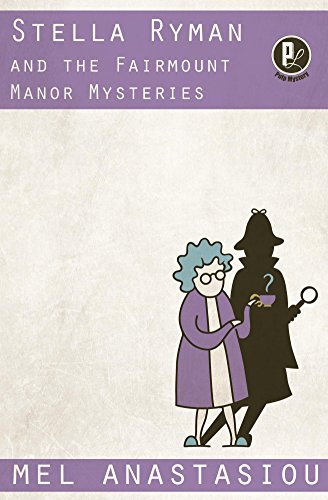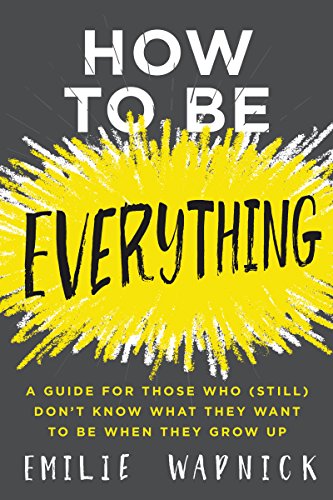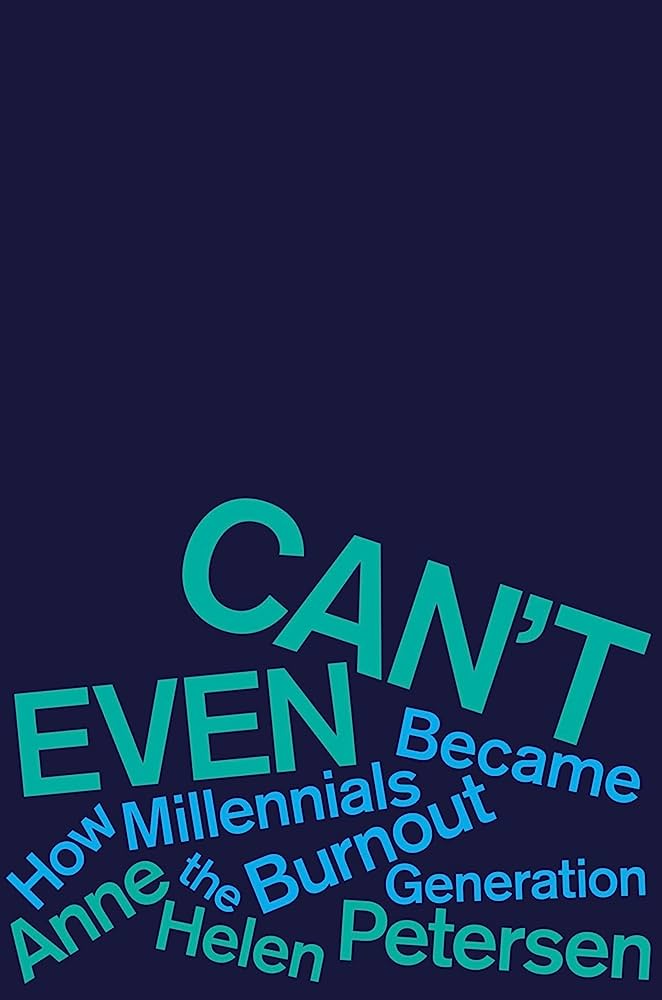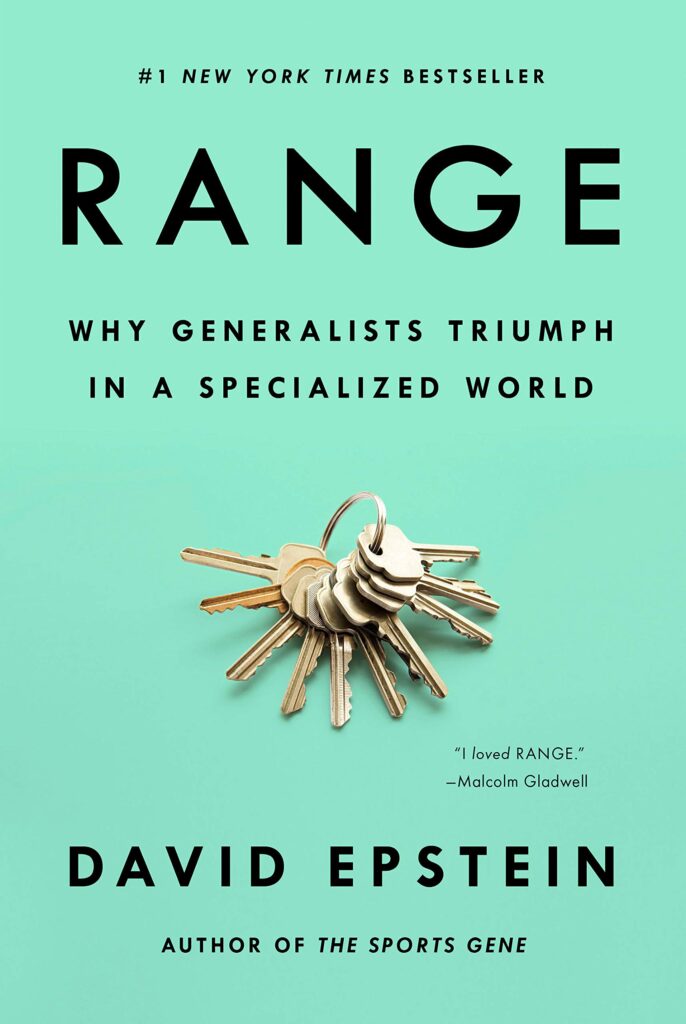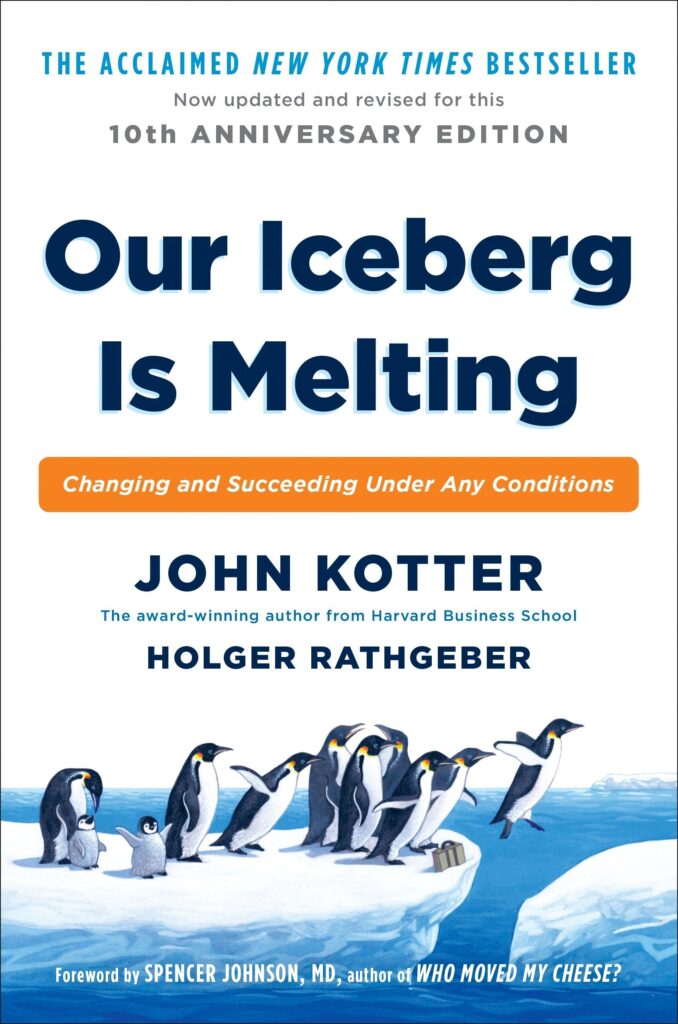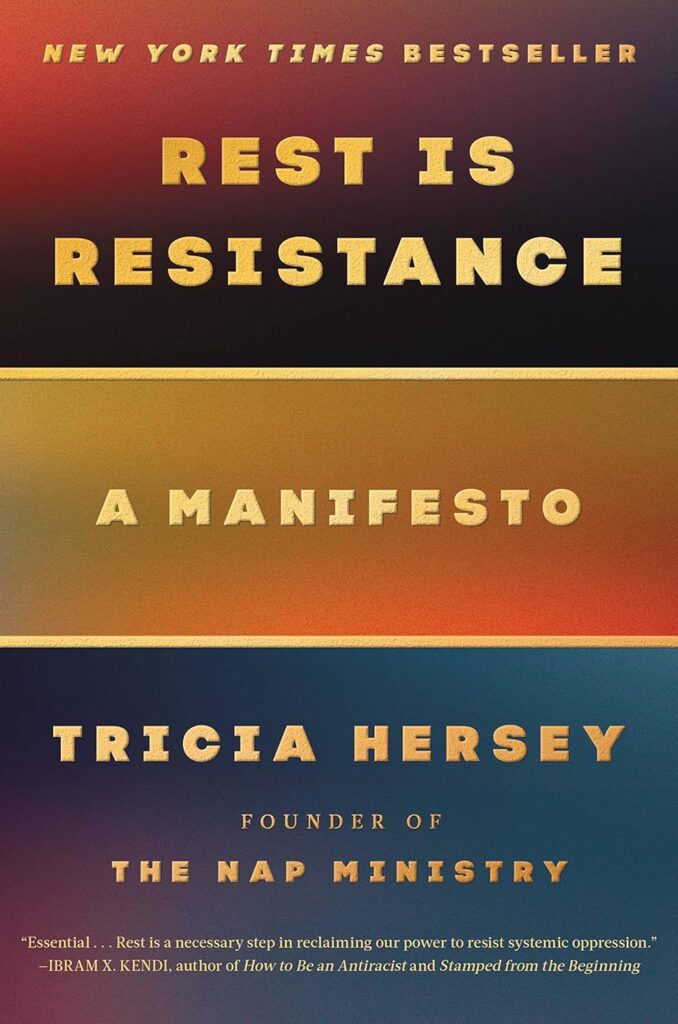
Today is another lesson in I need to actually read the description. Actually, in this case I need to read the full title because this did not end up being what I expected.
Rest is Resistance reads like someone’s stream of consciousness thoughts connecting naps to black liberation. The writing is very repetitive and felt like it could have been edited down into an essay that was more impactful with how often it revisited the same points in the same ways.
I can fully acknowledge that this book is not for me. Though I am a woman of colour, I am not black. I also don’t have the spiritual context to understand some of the ideas and it seems to be framed in some kind of Christianity. I am very familiar with capitalism and grind culture, but I am not entirely sure what the author means by these concepts as they are repeated over and over again without discussing why they are a problem or even defining what is encompassed in these terms. Outside of the title, I’m not really sure what else I was meant to take from the book.
Overall, not my thing. I was not the audience for this, but maybe you are.

